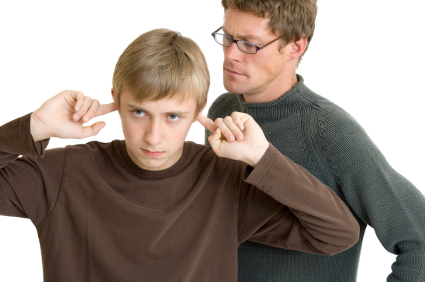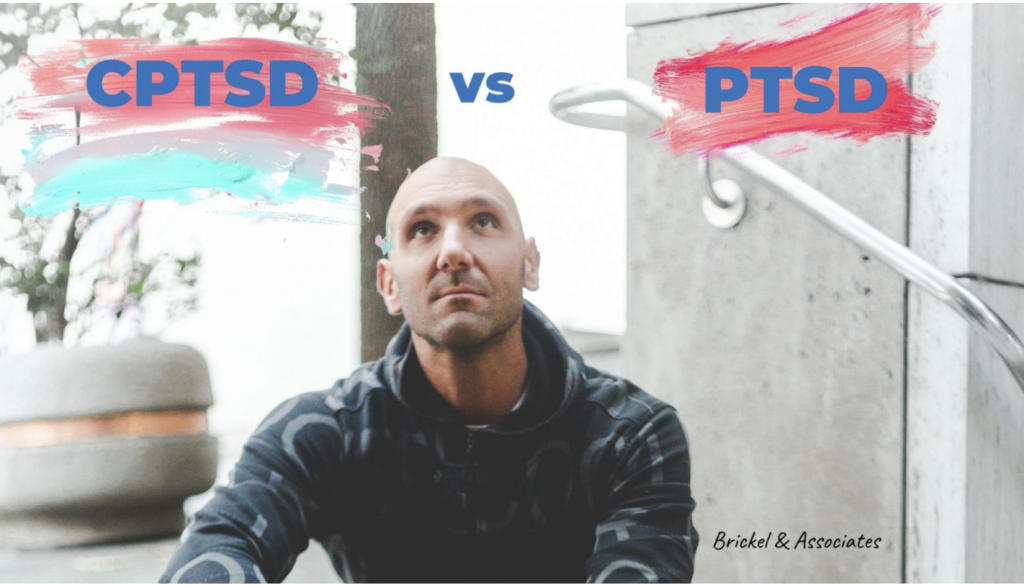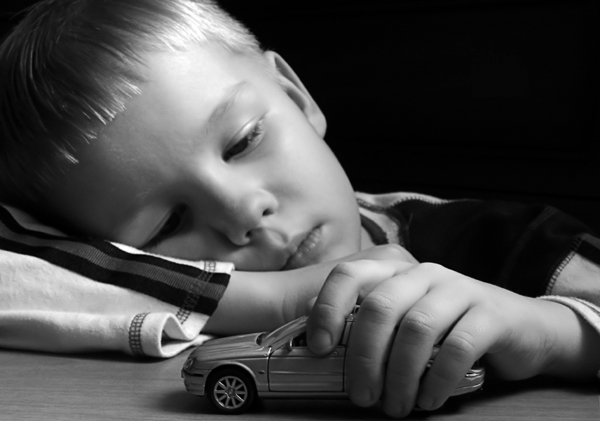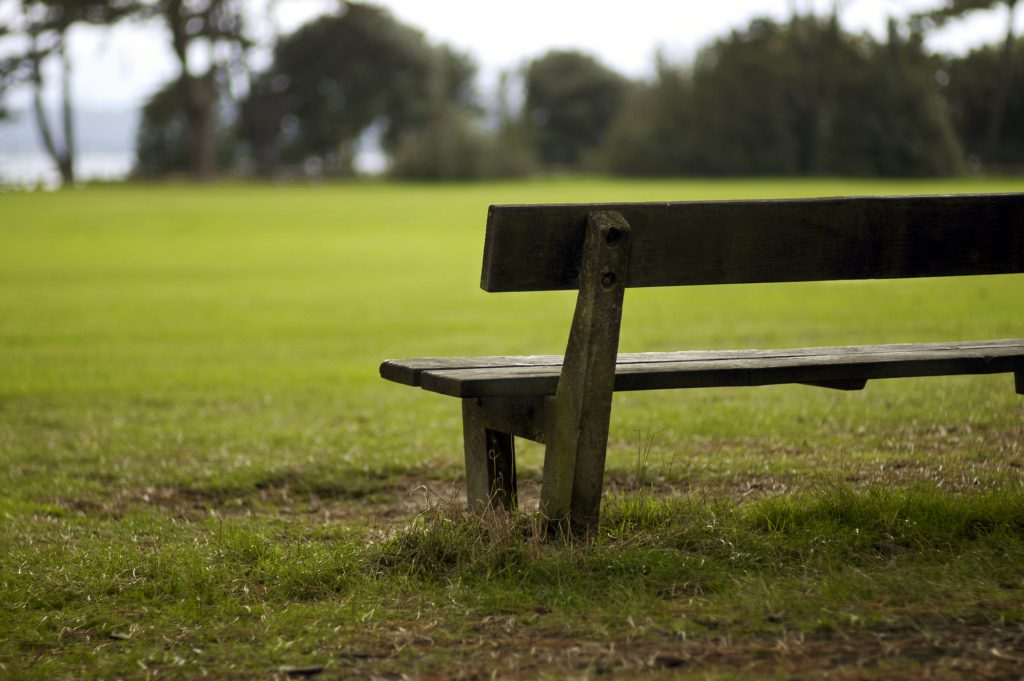What to Do When Your Teen Pushes You Away
…ds’ happiness, even when a child has grown up, moved out and gotten into a relationship. If we’re worried our kids won’t be responsible, hold a job or find a nice relationship, the biggest thing we can do is demonstrate responsibility in our own actions, behave in ways we respect and focus on having our own healthy relationships. If our child is rejecting us, we should still be warm, kind, patient and present, which facilitates an opportunity for…
Learn More








